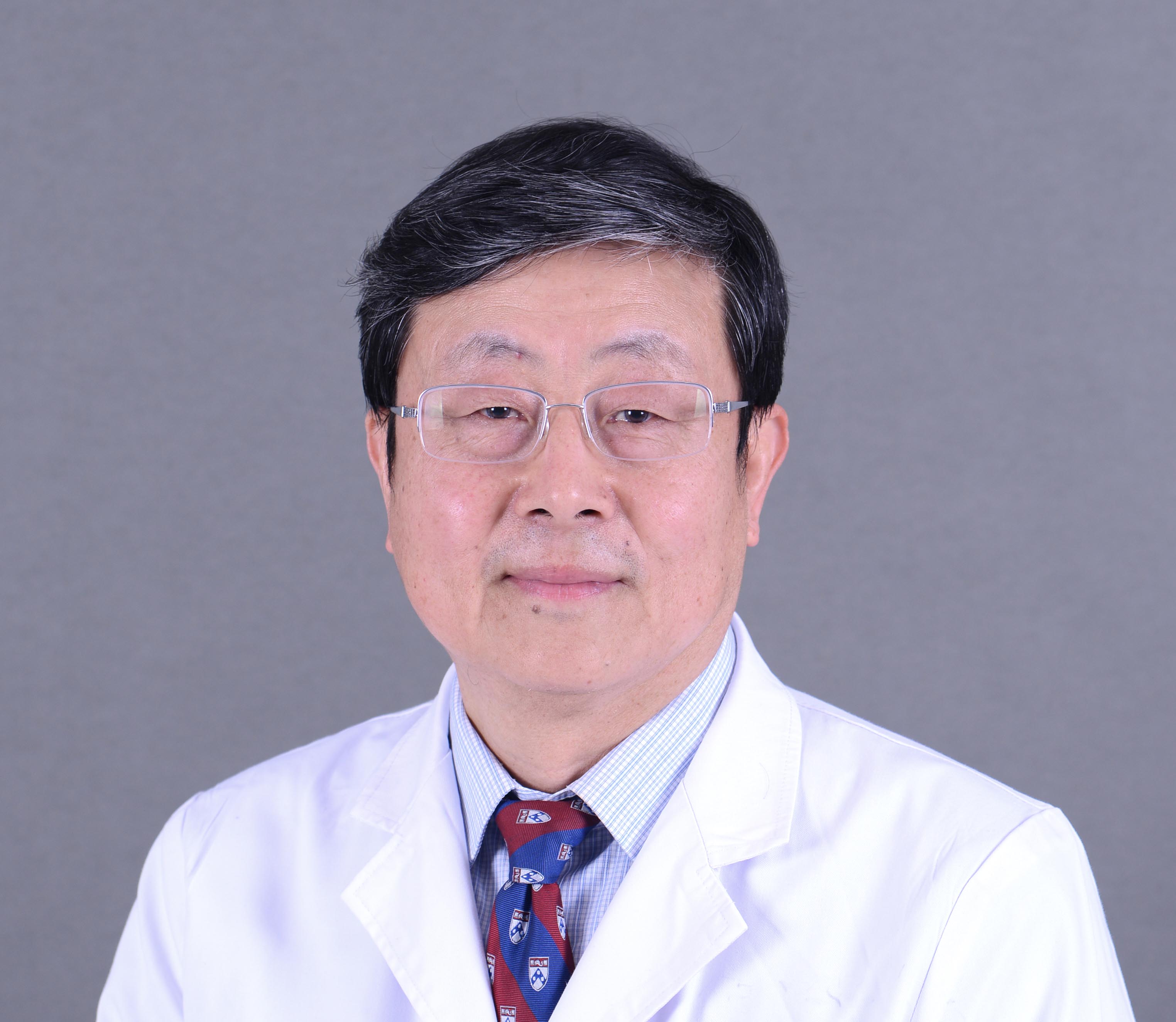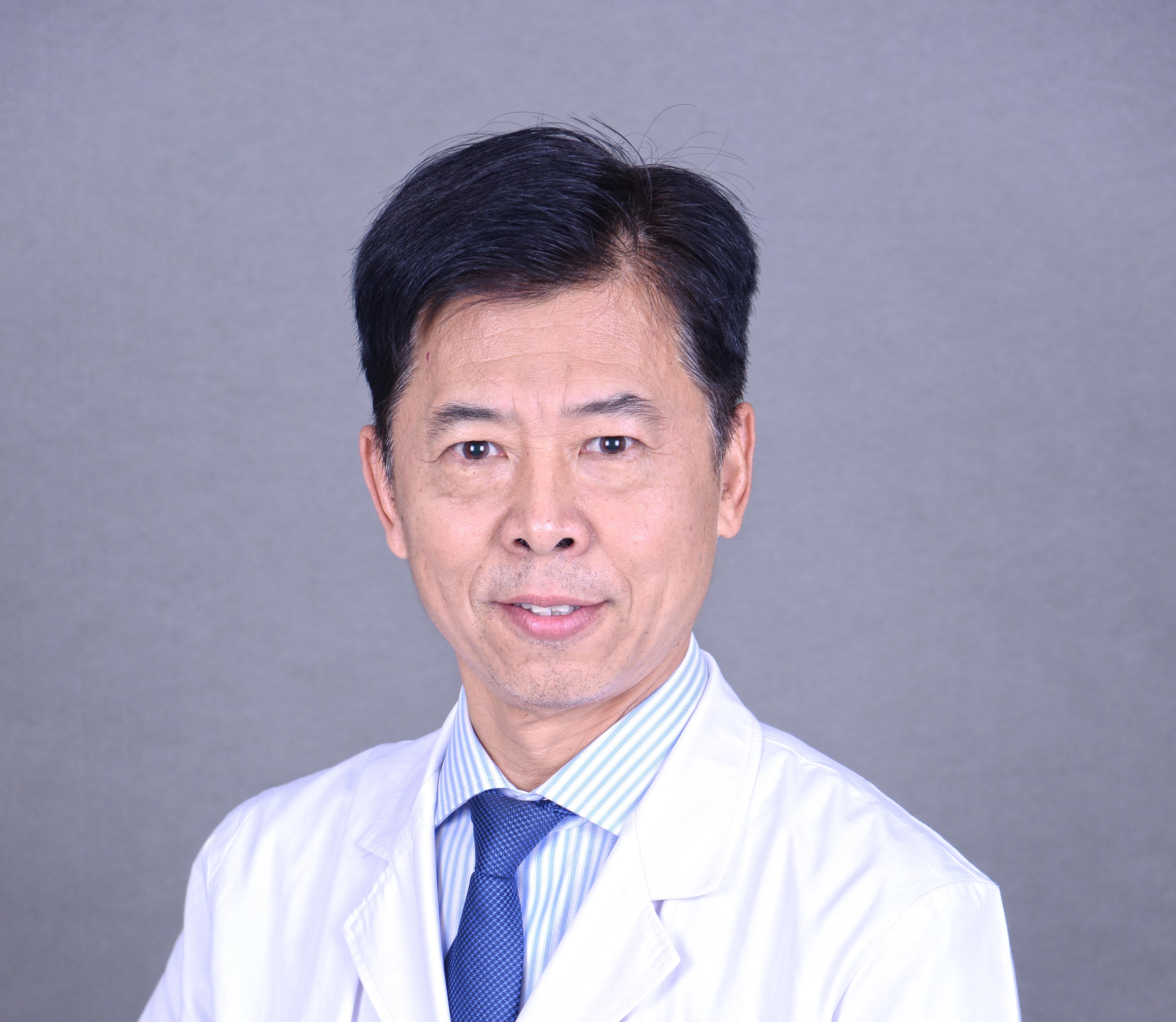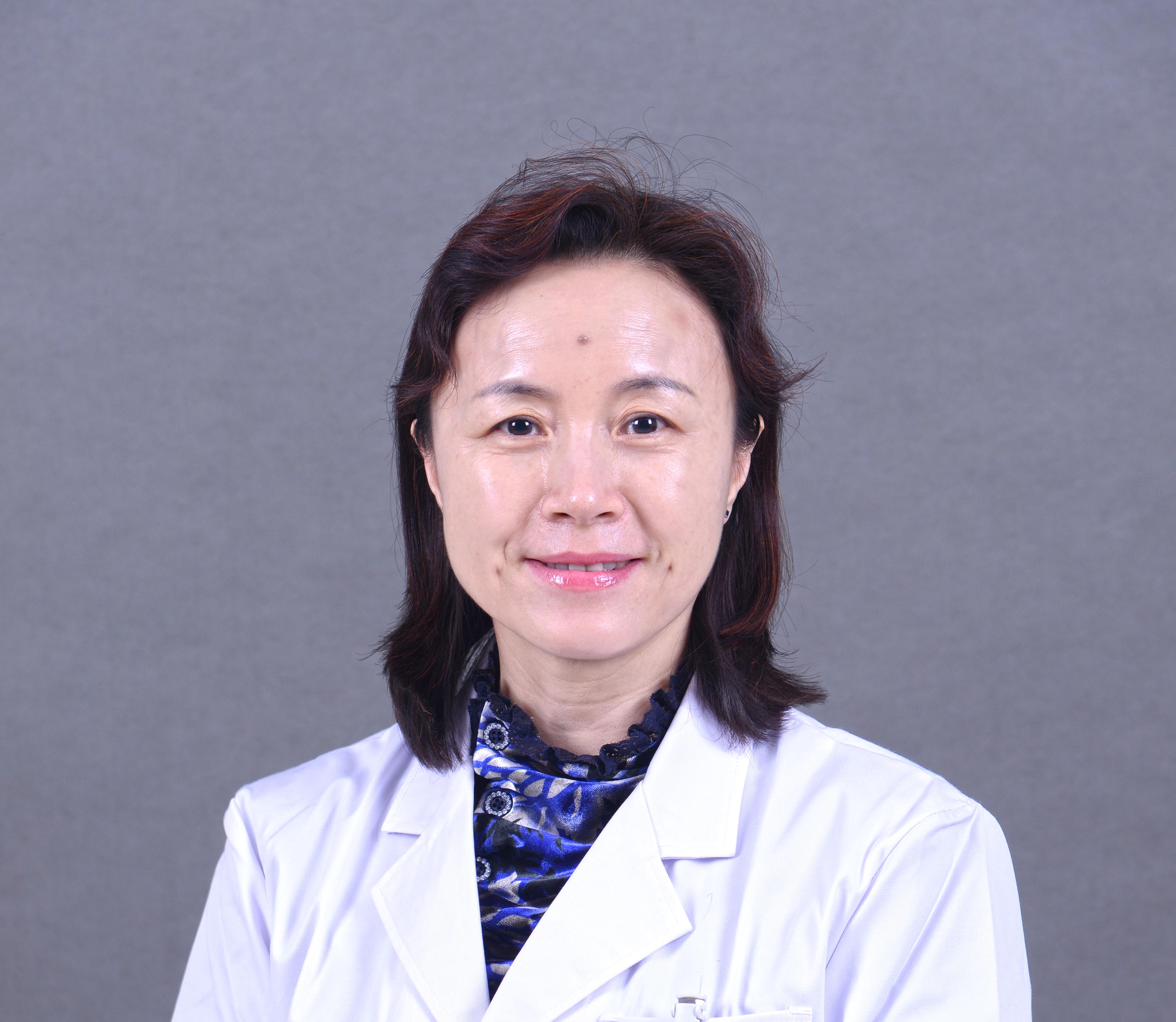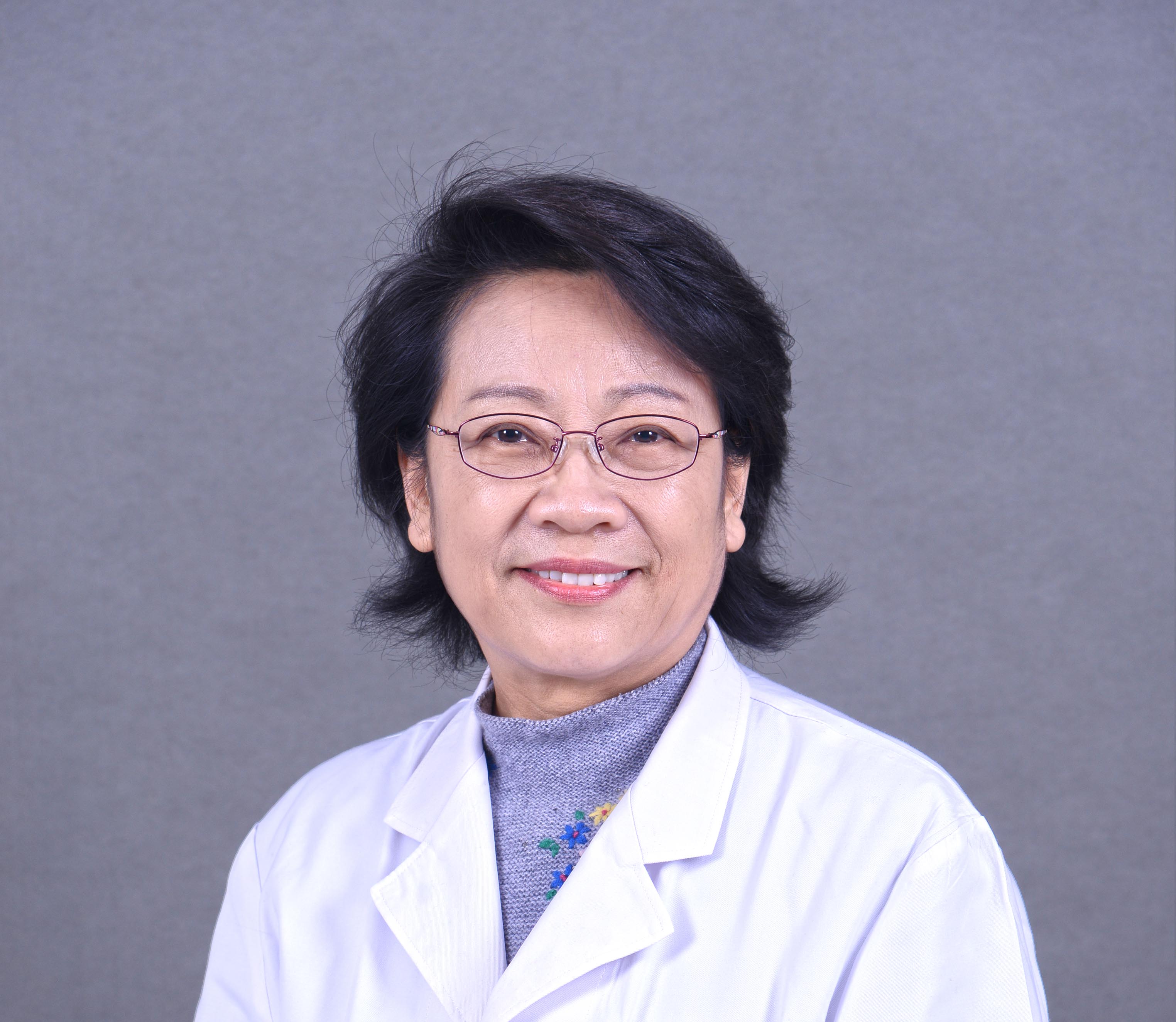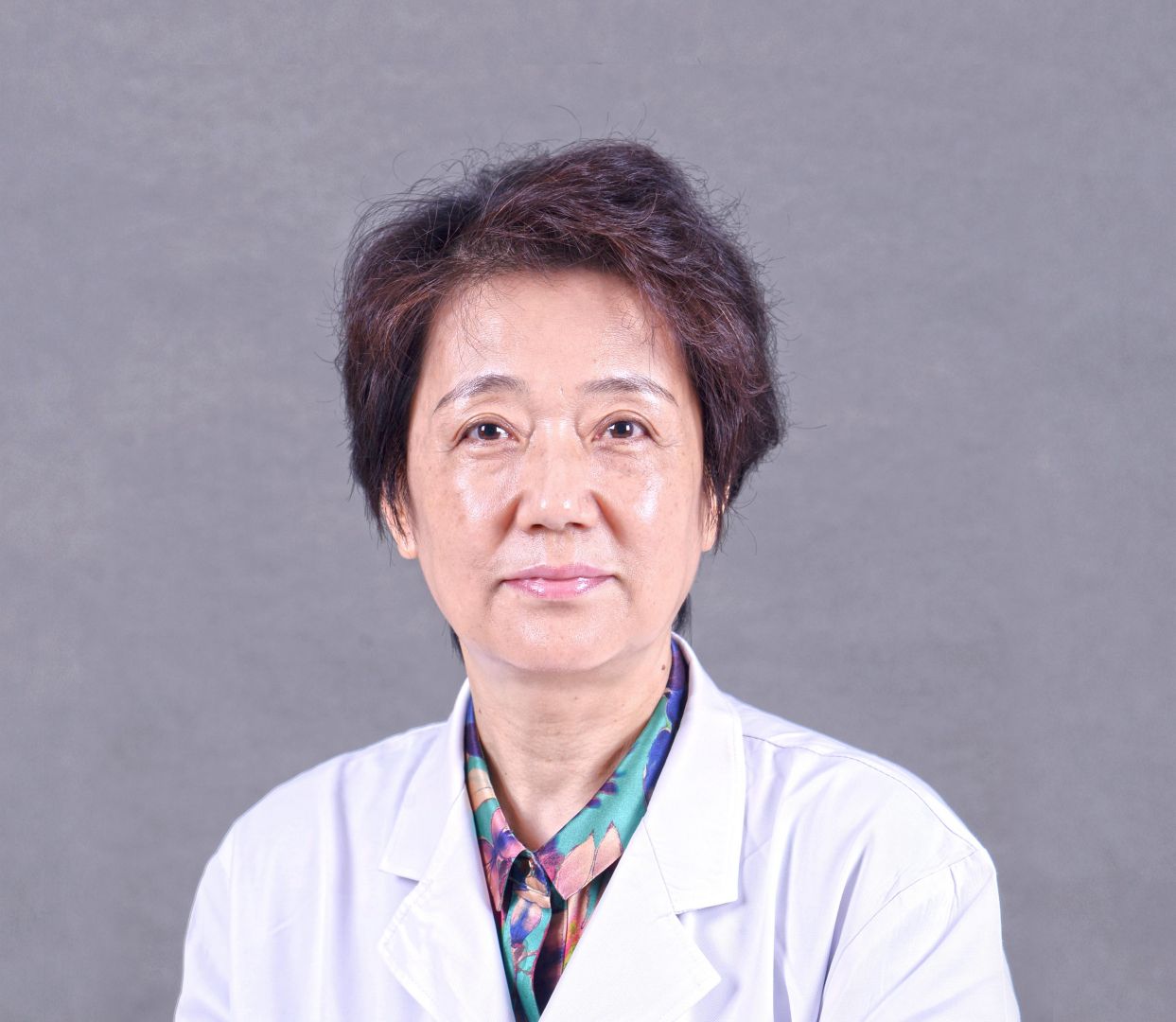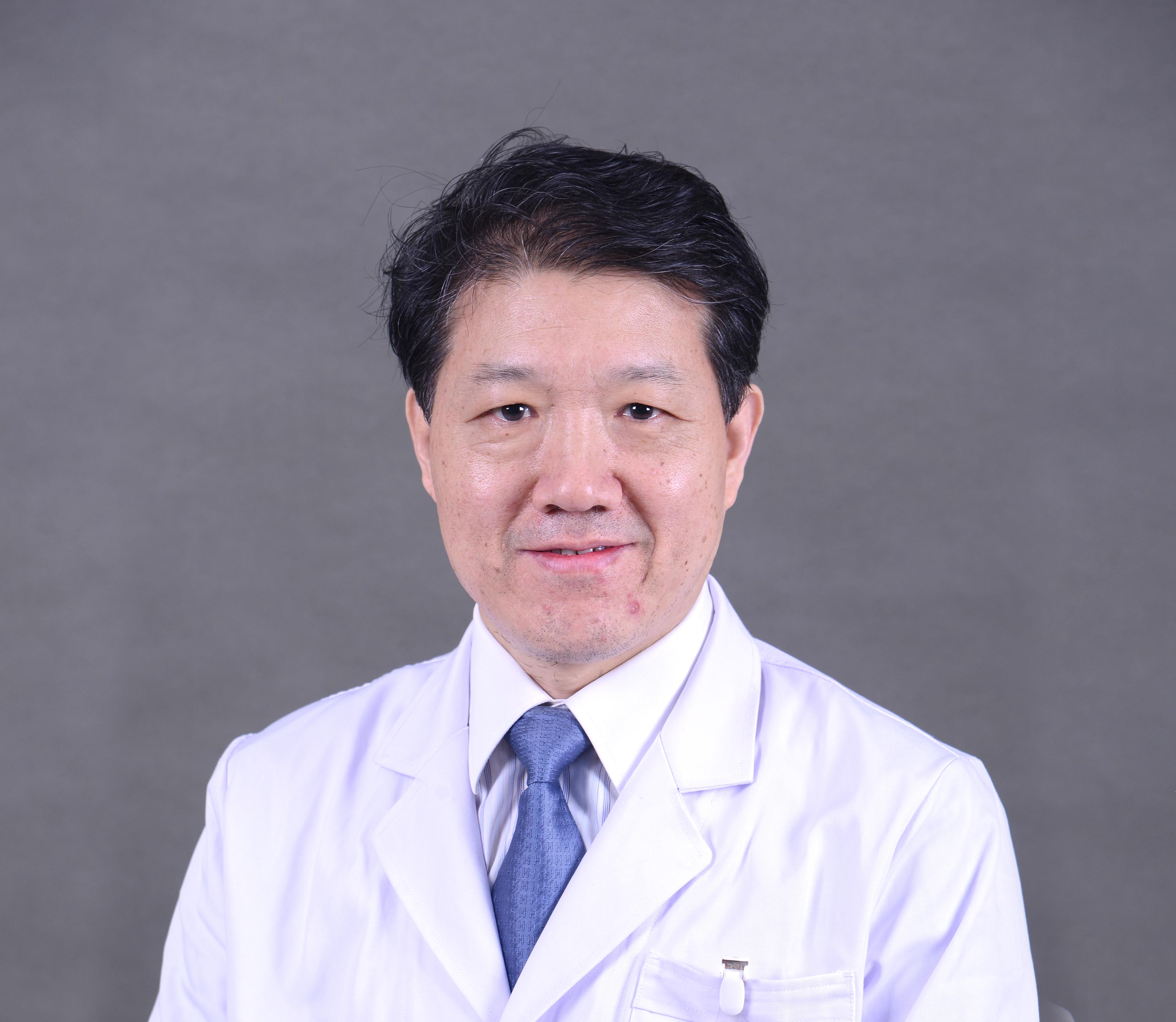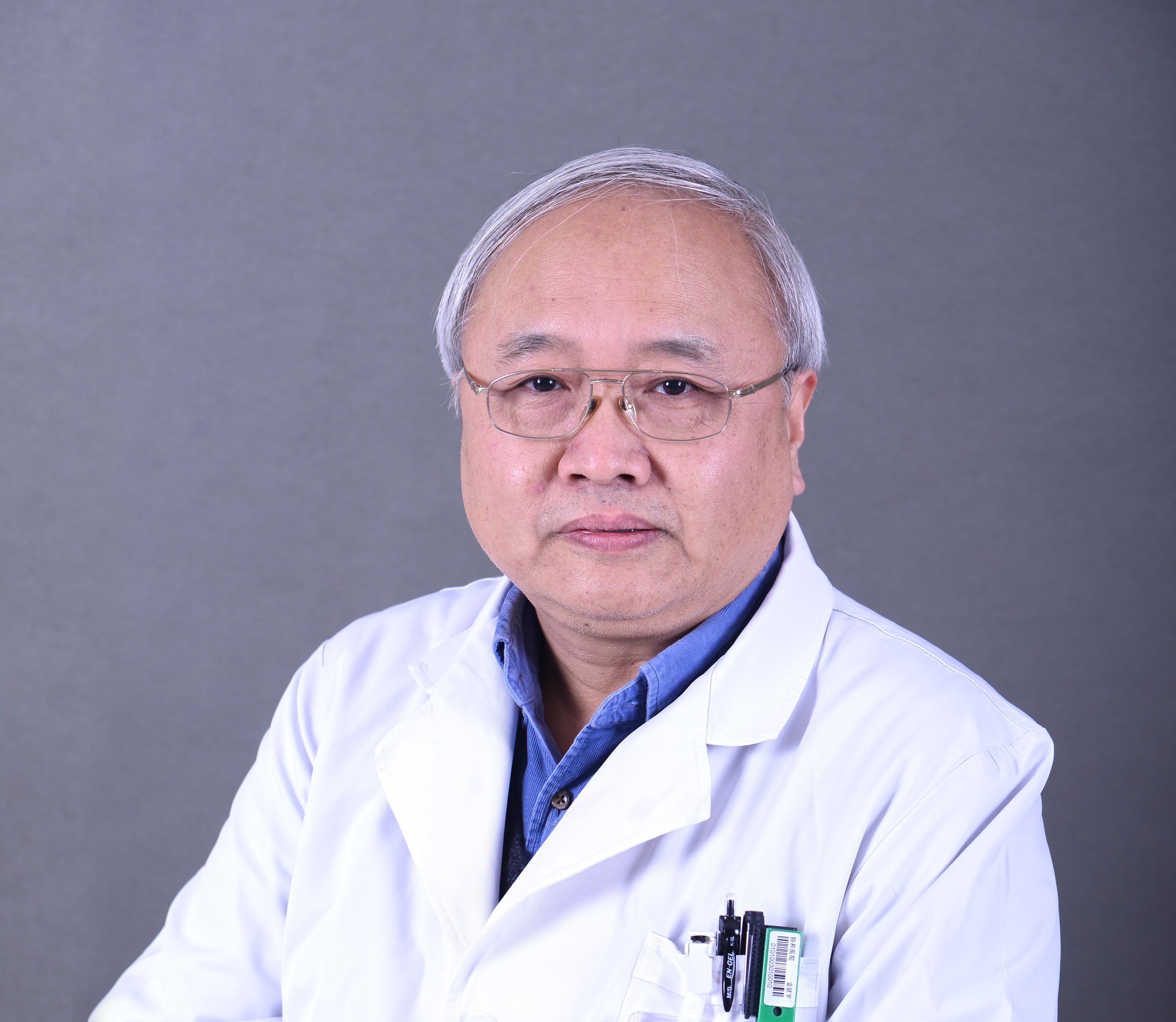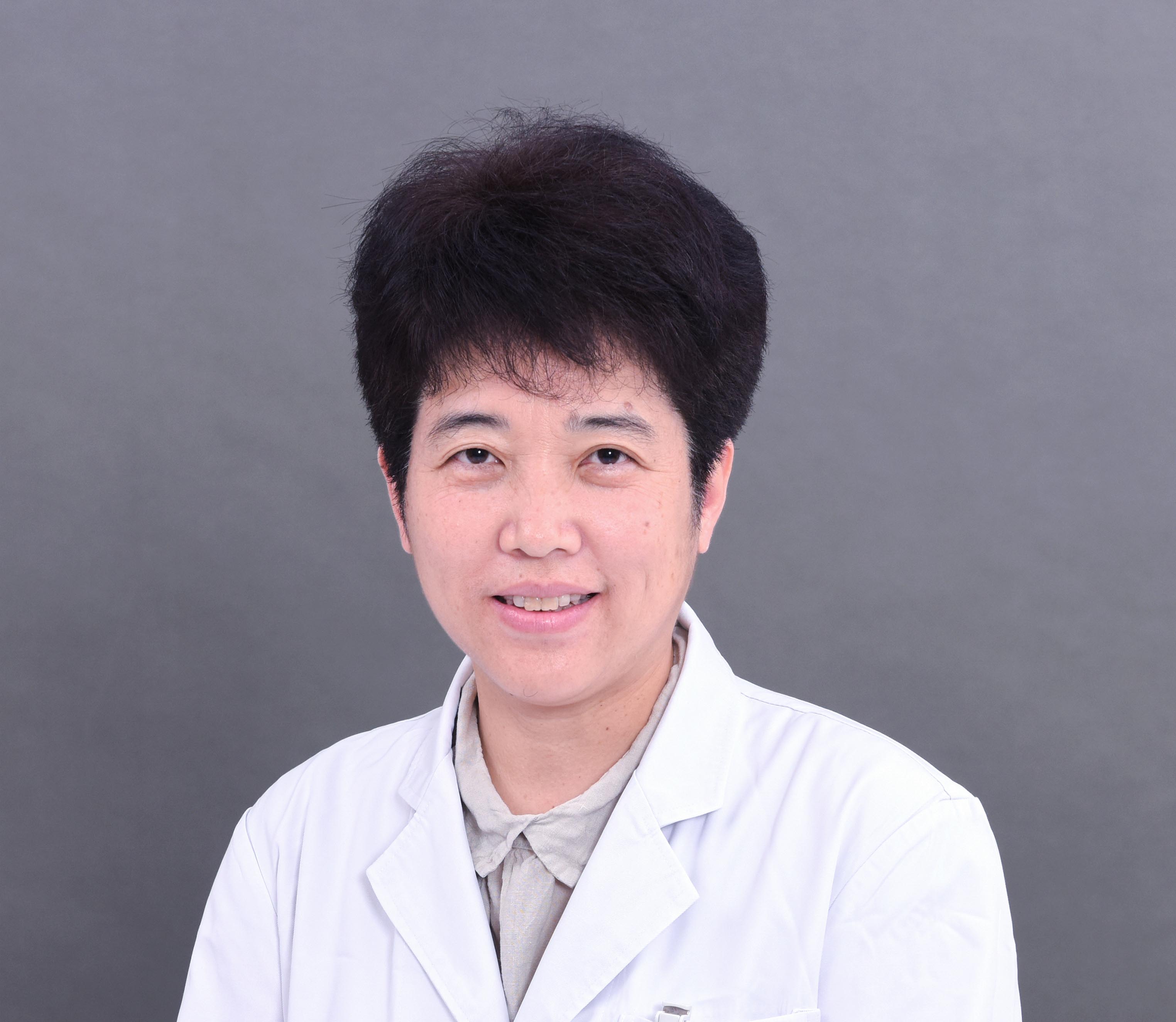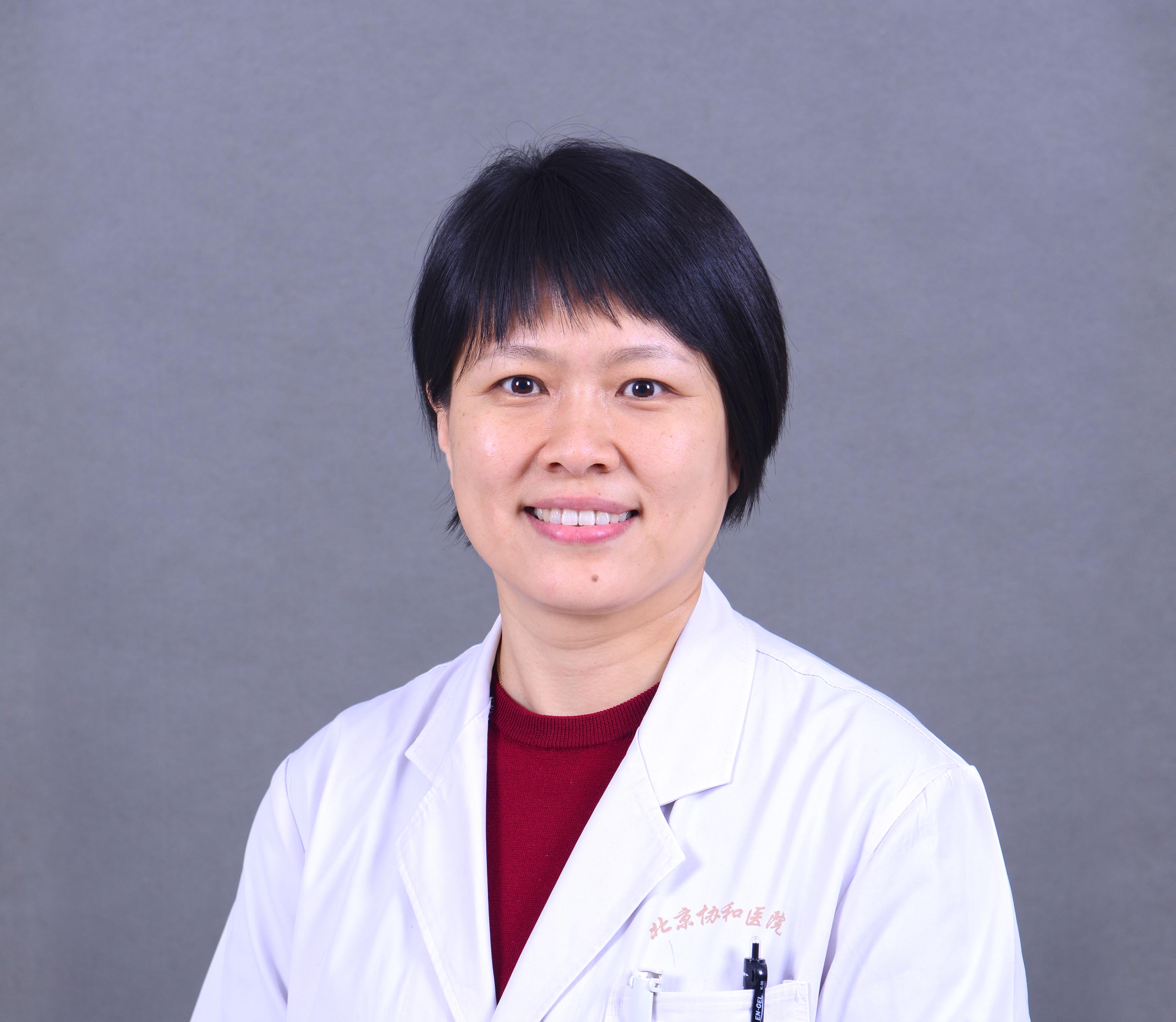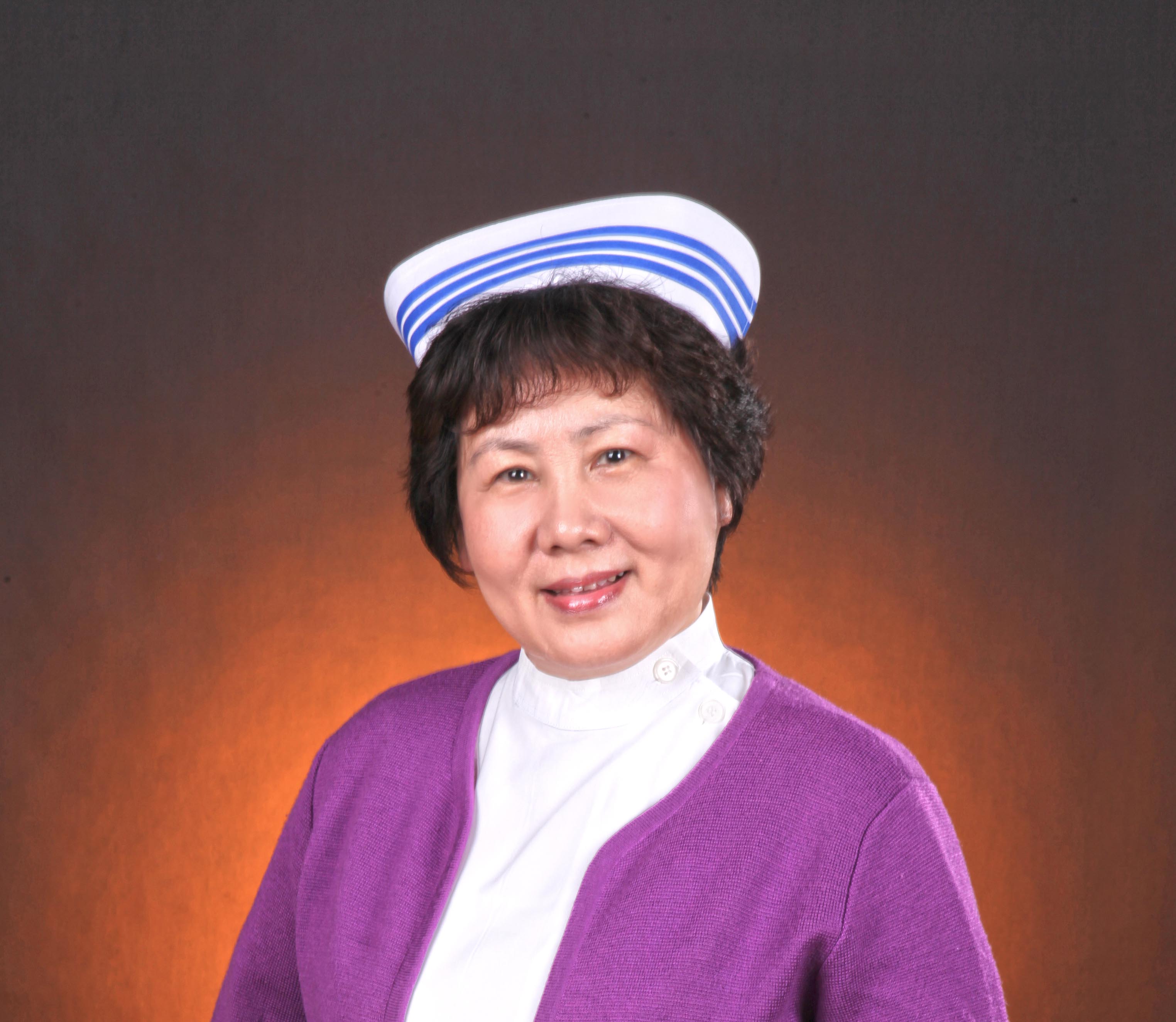Zhang Fengchun (Department of Internal Medicine)
It takes ten years to grow a tree and a hundred years to bring up a generation of talents. This rule applies to a company and even a country. Without good education and inheritance, there will be no good successors and no sustainable and rapid development. Therefore, education is a fundamental factor to success. Education should not only focus on imminent benefits, but also on the long-term, sustainable development and future. As a pioneer of modern medical sciences in China, Peking Union Medical College should pay more attention to education. Internal medicine is the basis of clinical medicine. Good teaching will not only help the development of internal medicine but also lay a solid foundation for other disciplines and contribute to the development of clinical medicine as a whole. For a long time, the Department of Internal Medicine has inherited and summarized the teaching work, so as to maintain the tradition of teaching and carry out reform and innovation to adapt to the requirements of the new era.
Liu Changwei (Department of Surgery)
A doctor is supposed to have a benevolent mind and excellent medical skills. He/she rescues sick patients, promotes the development of medical sciences, and disseminates academic ideas. Teachers are the leaders of professional enlightenment, the delivers of professional knowledge, the preachers of professional values, and the thinkers of professional development. As doctors and teachers, we must make lifetime efforts to make ourselves better, so as to beat, upgrade, and cultivate ourselves. Lifelong efforts, lifelong learning, lifelong pursuit, and lifelong hard-work are essential to make us qualified doctors and teachers in Peking Union Medical College.
Zhu Lan (Department of Gynaecology and Obstetrics)
The Department of Gynaecology and Obstetrics of Peking Union Medical College Hospital has been on the top in the ranking of China's best G&B departments released by Fudan Universty School of Hospital Management for eight consecutive years. The success is impossible without concerted efforts from all medical staff at the department. Nowadays, gynaecology and obstetrics as a discipline is getting more segmented, and students must master a large amount of professional knowledge in a short period of time. The Department of Gynaecology and Obstetrics has set up several teaching teams for students at different proficiency levels to improve teaching quality; some professors give lectures about their personal experience and practices during spare time; the department has built “simulated delivery room” to offer real-scenario training, so that students would not panic under practical circumstances. Making concerted efforts and striving to be the No.1, and that is perhaps the driving force behind our department’s persistent progress in teaching.
Cui Liying (Department of Neurology)
Medical education is very special, especially the clinical teaching. The most important thing is to combine theory with practice. Practice teaching is better than verbal teaching. When I jointed Peking Union Medical College Hospital, my mentor used his own nerves and muscles for testing the cut-off values of electromyography. Deeply moved and impressed by what he did, I began to understand the spirit of Peking Union Medical College. I also have been striving to inherit the college’s culture and spirit. I often tell my students that we are treating patients, and many of them are stricken by rare diseases with no effective therapies at present. A smile and a thoughtful explanation from our doctors are the greatest encouragement and comfort to them.
Song Hongmei (Department of Pediatrics)
The spirit of "Rigorousness, Refinement, Diligence, and Dedication" is the essence of our predecessors in a century. We deeply feel that the responsibility of inheriting the spirit is great. Doctors should examine patients on the bedside, not let go of any clues about their health conditions, and choose the most appropriate testing and examination methods. As teachers we should be a model of virtue and stay calm in a complex social environment. As doctors, we should be benevolent and put ourselves in the patients’ position. Our words and deeds will exert a subtle influence on our students and the younger generation. Setting a personal example and practicing the college’s spirit will help teachers earn respect and love from their students.
Chen Youxin (Department of Ophthalmology)
Unlike teachers of other professions, medical teachers should first teach students to show passion to their job and love and care to the patients, while medical skills and technologies shall come at the second place. In order to bring up good students, teachers must set good examples in the ethical code of conduct, in the research into medical technologies, and in the endless pursuit of better therapies. The subtle and persistent influence will have positive impact to students in their lifetime. Our students have different levels of qualifications and academic acceptability, but responsible teachers should instruct students according to their aptitude and not discriminate any student. Teachers should tap every student’s potential and maximize his/her talent.
Jin Zhengyu (Department of Radiology)
While medical sciences and technologies have made remarkable progress in the past decades, it’s still “the tip of the iceberg” compared to the demands and limitations in clinical settings. Thus, the role of medical humanities is particularly important and indispensable. Doctors should give patients not only medical services but also psychological help and spiritual comfort. The relations between doctors and patients are supposed to be close and warm. “To cure sometimes, to relieve often, to comfort always”, so that every patient can get treated and enjoy a dignified life. Our humanistic care to patients demonstrates our benevolence and boundless love.
Huo Li (Department of Nuclear Medicine)
“Outsiders might not know what a person has did, but the god knows whether his motive is good or bad.” Teachers in Peking Union Medical College have been upholding and passing the tradition of clinical training to the younger generation, and using modern technologies to improve our teaching activities. We hold the belief of cultivating high-quality medical talents and take clinical teaching as a form of “action art”. By reading every health examination report, we hope to create the atmosphere of putting patients in the first place and convey the belief to every student.
Qiu Ling (Clinical Laboratory)
A teacher’s highest pursuit is also the deepest expectations to students. I hope that concerted efforts will make students with the following qualities: they have a pair of eyes to observe subtle details in every experiment; they have flexible hands to calibrate accurate medical instruments; they have a profound brain with critical thinking and careful analysis to connect complicated examination result with diagnostic information and treatment solutions; also, they have broad vision, and they are considerate to patients, humble and polite to colleagues, and passionate and dedicated to their career.
Wu Xinjuan (Nursing Department)
Education is the most glorious cause on the planet, and nursing is the most delicate form of art. This year is the 38th year into clinical nursing education for me. Any progress I have made is impossible without the spirit of Peking Union Medical College and the inculcation of my teachers. It is the responsibility of our generation to inherit and carry forward the spirit. We should fulfill our duty of “teaching” and show love to nursing education, patients and students; we should constantly strengthen the ability of “teaching” and improve clinical teaching skills while consolidating the professional foundation; we should also enhance the skills of “dispelling confusions”, so that students can internalize the qualities of “Diligence, Caution, Vigilance, and Nursing” that have long been upheld by PUMCH nurses.

